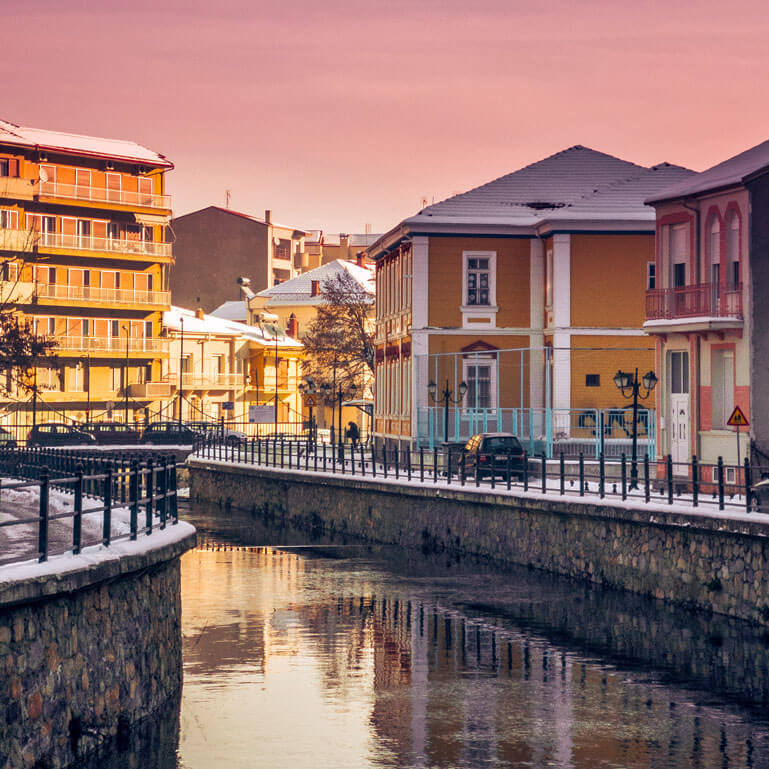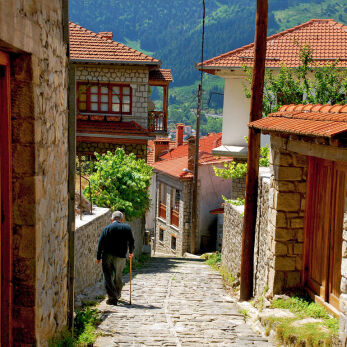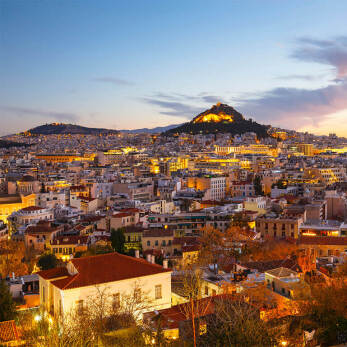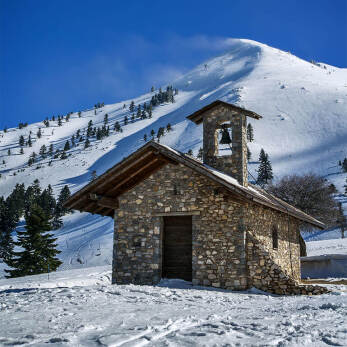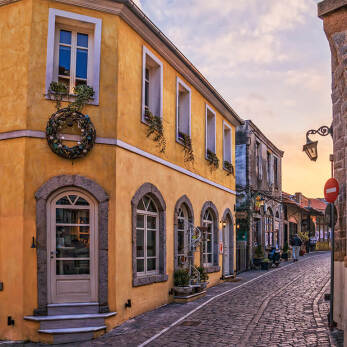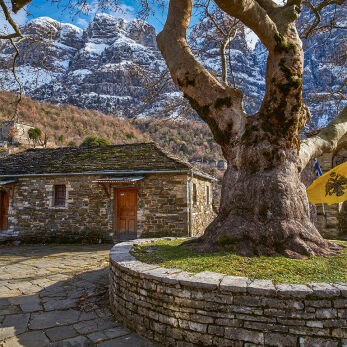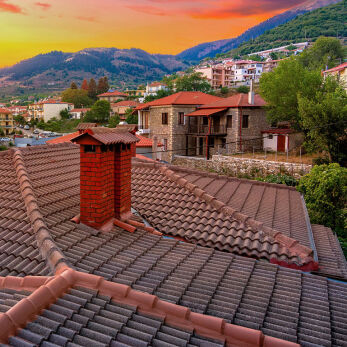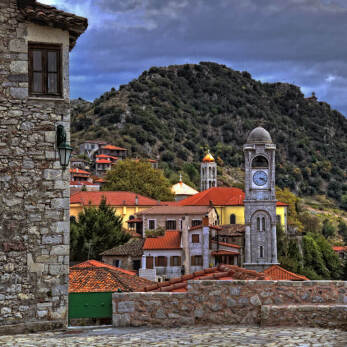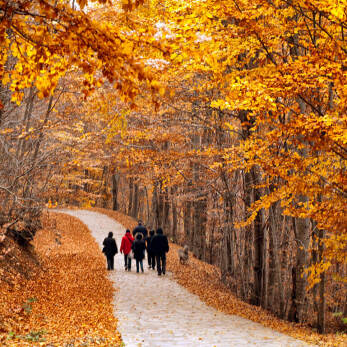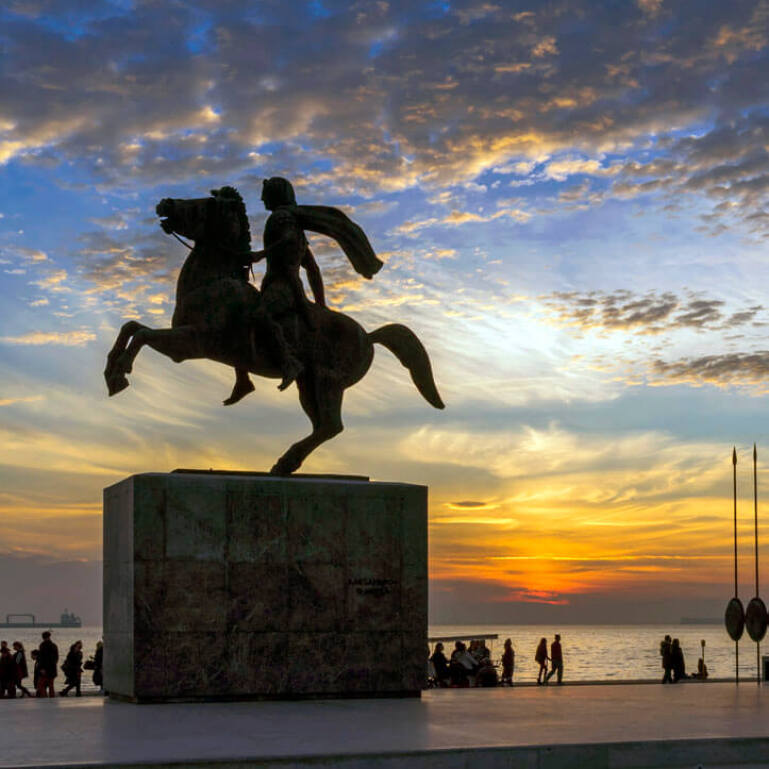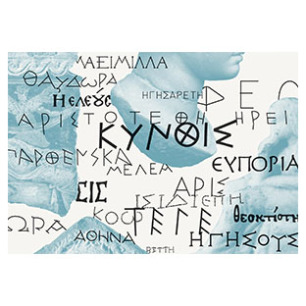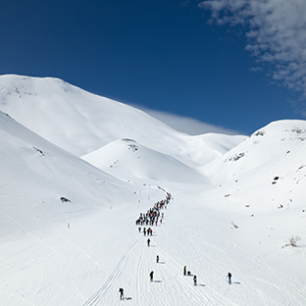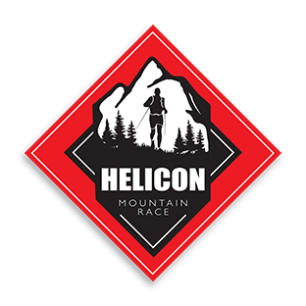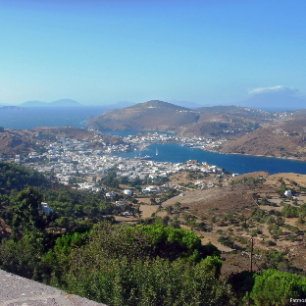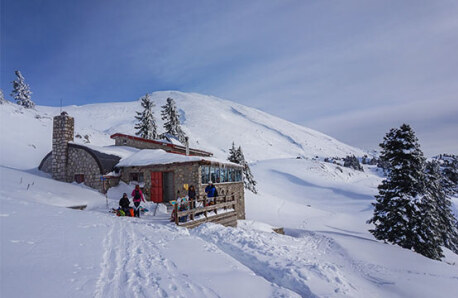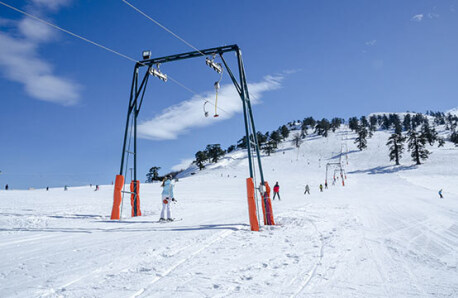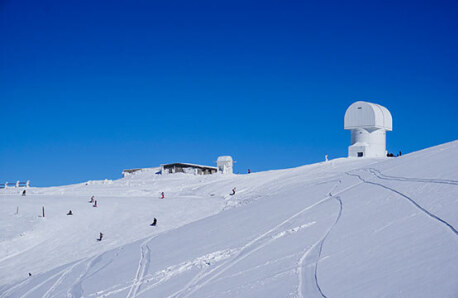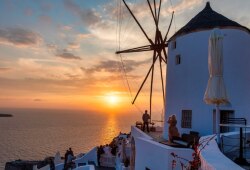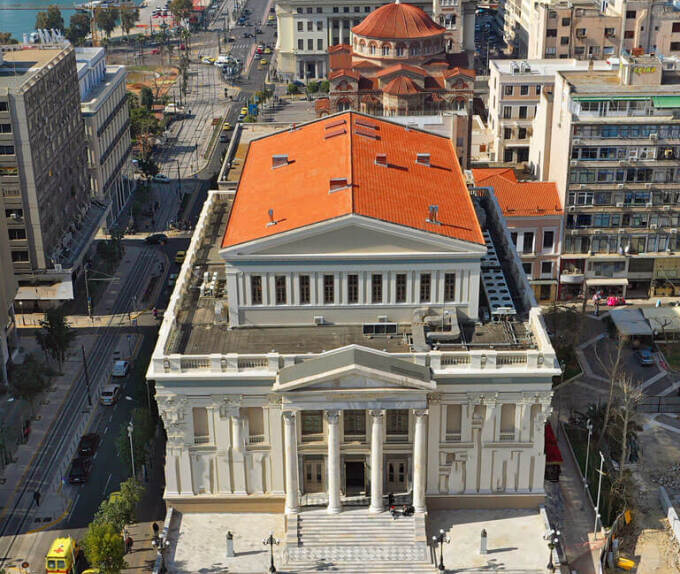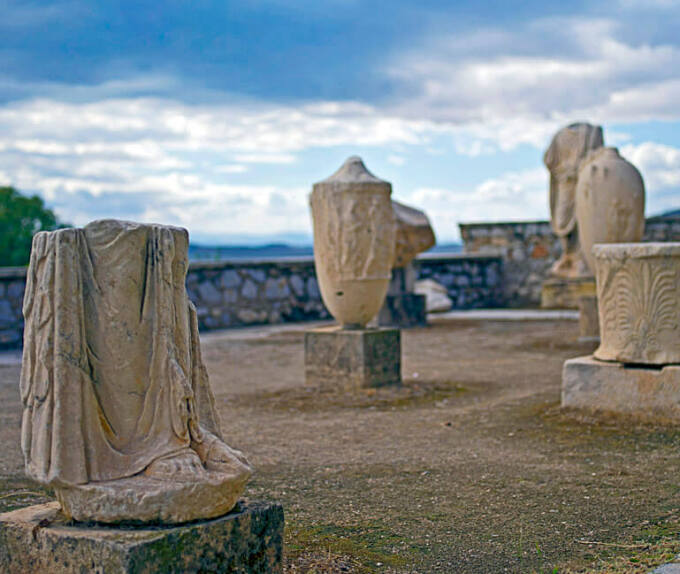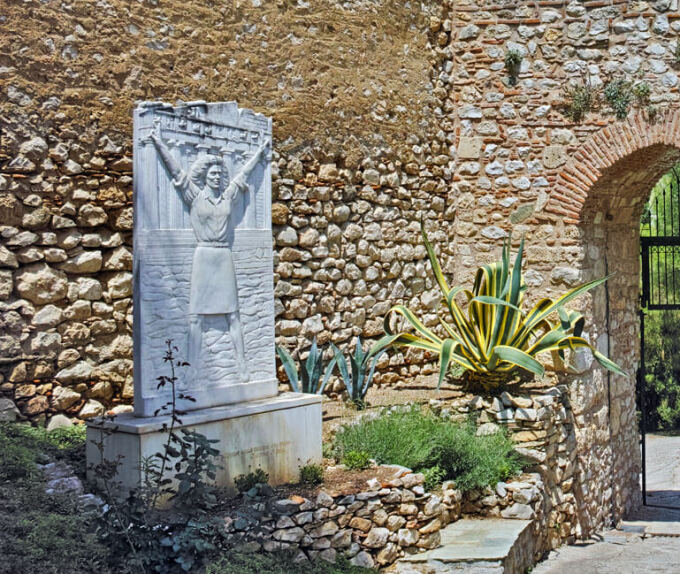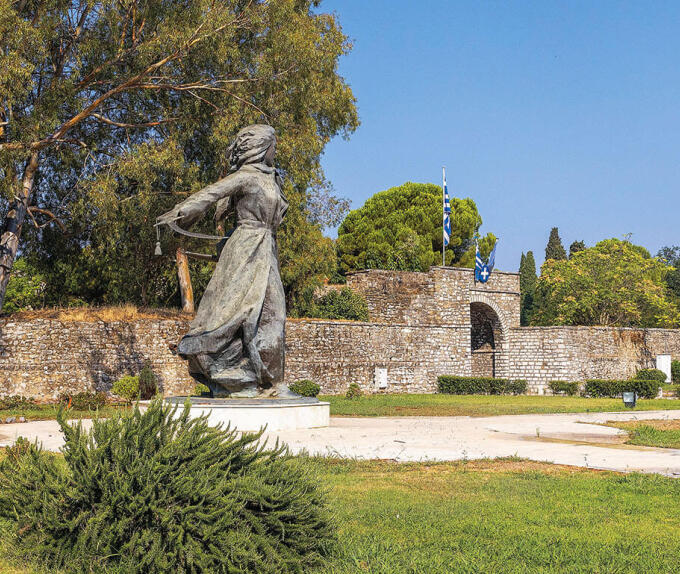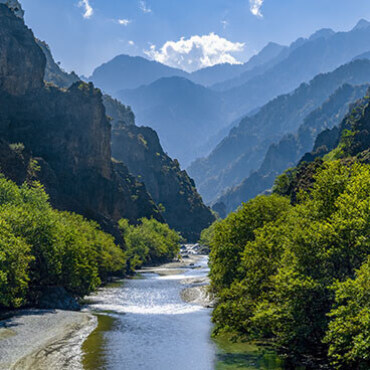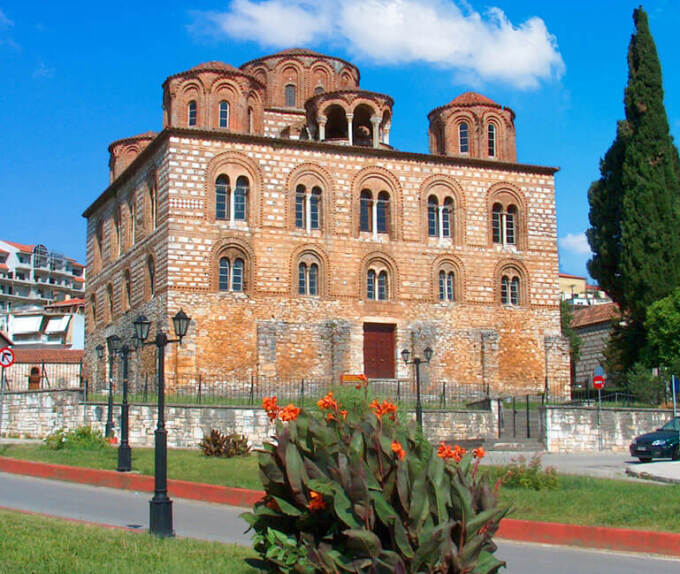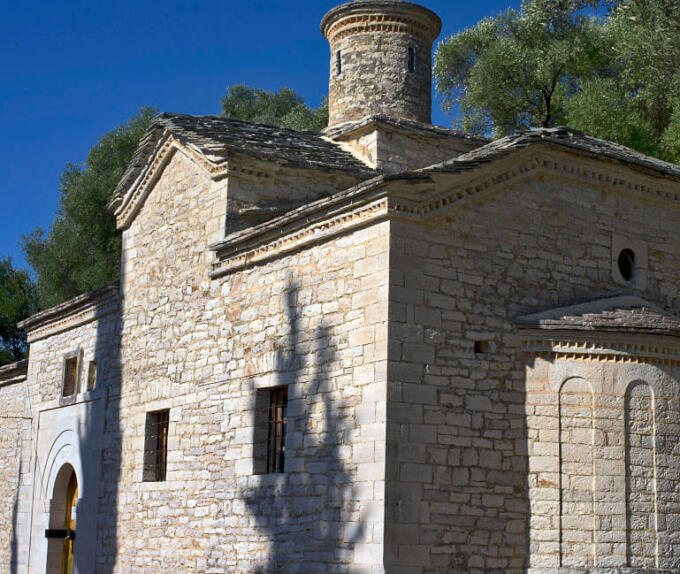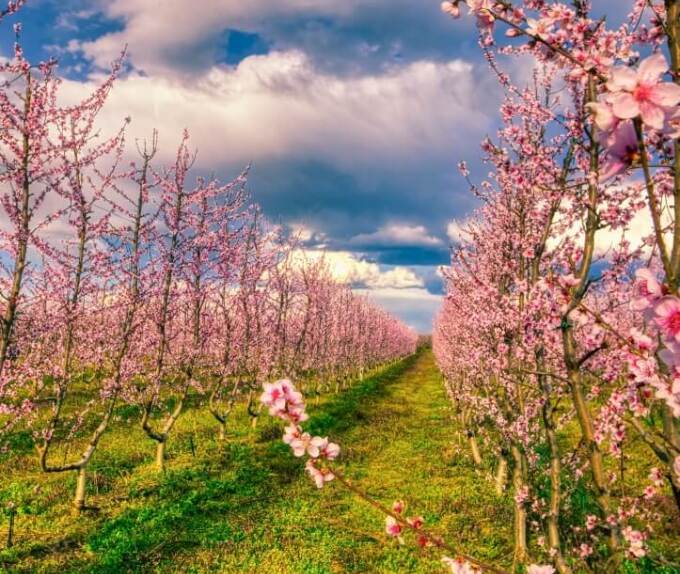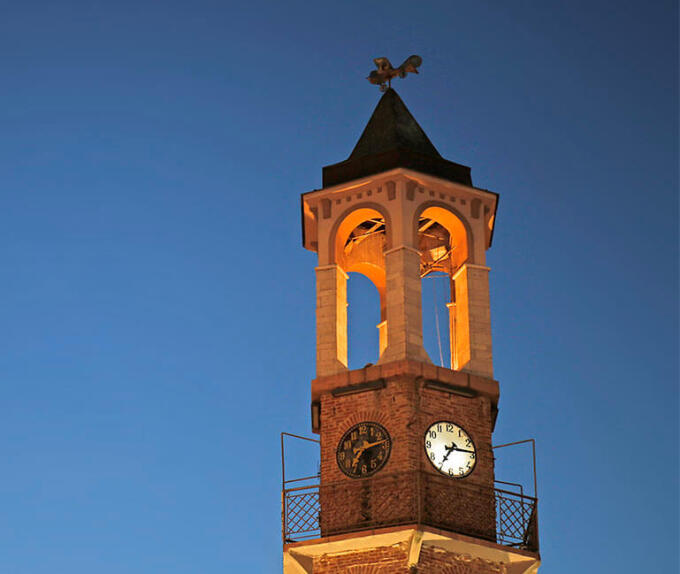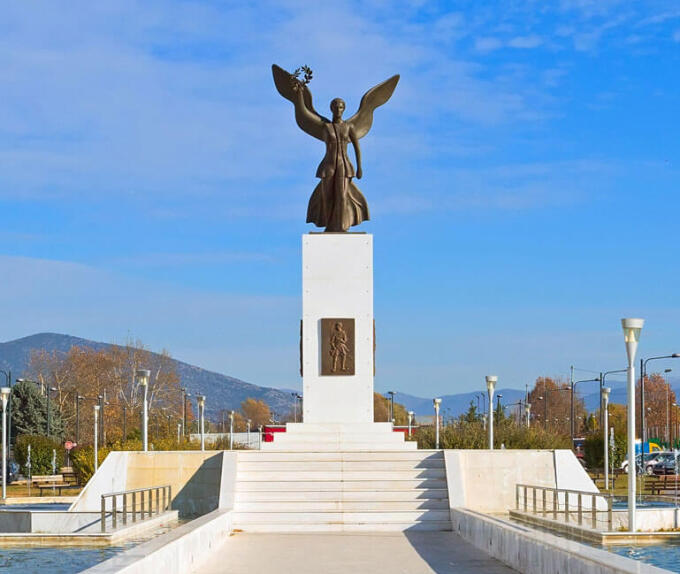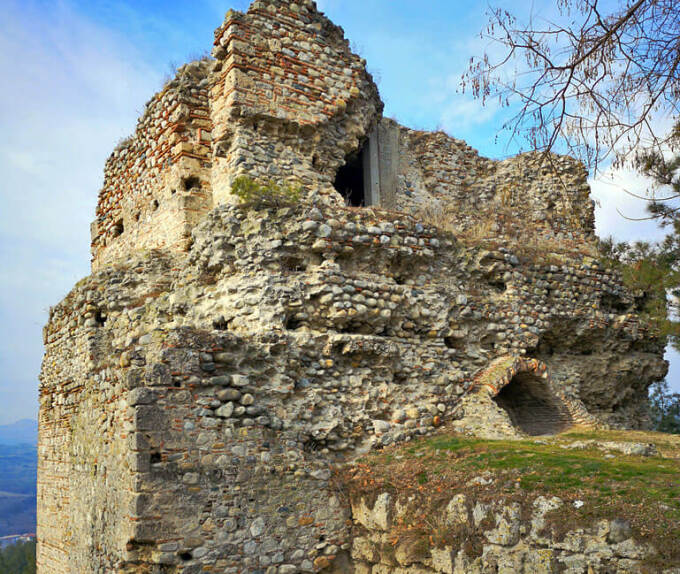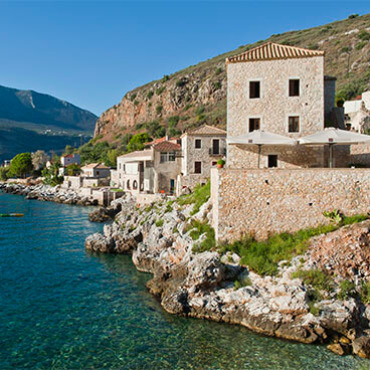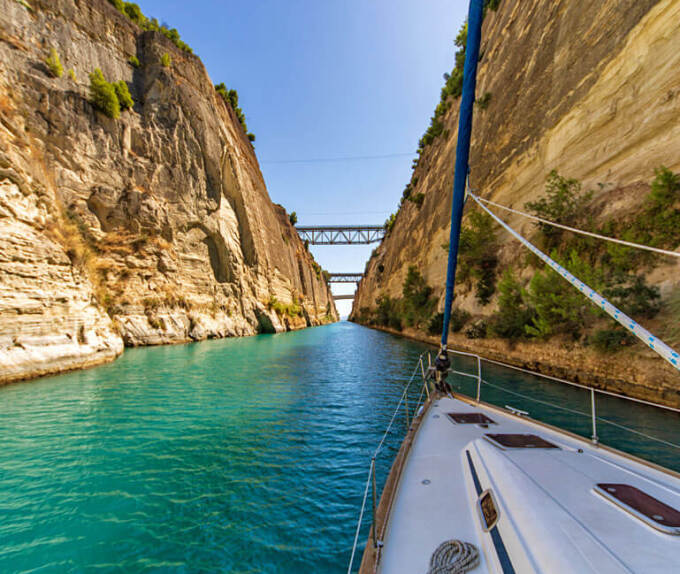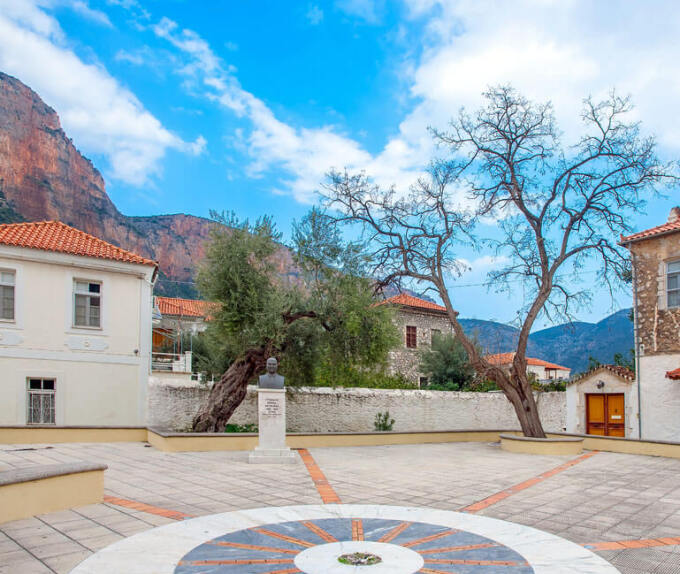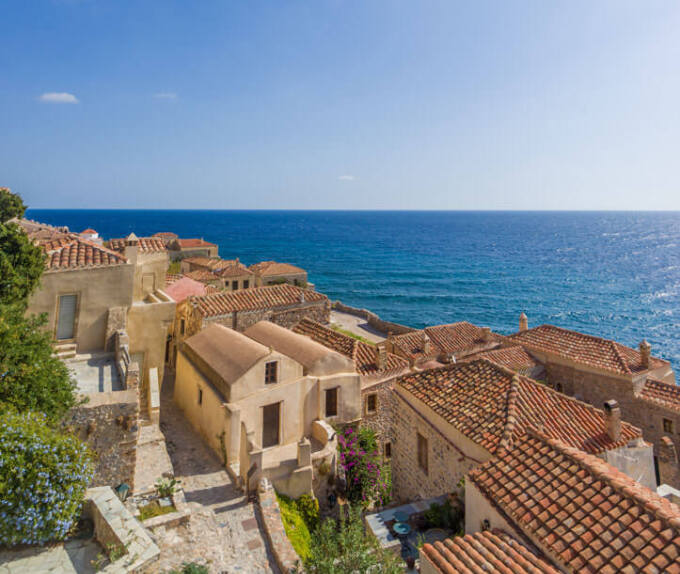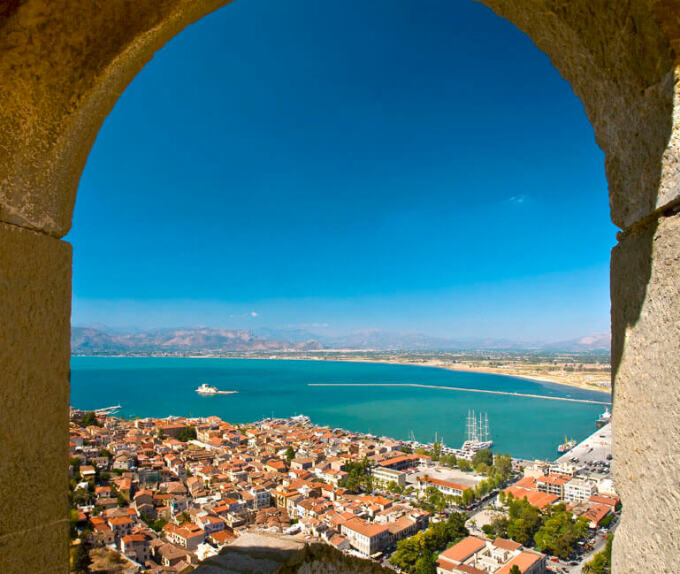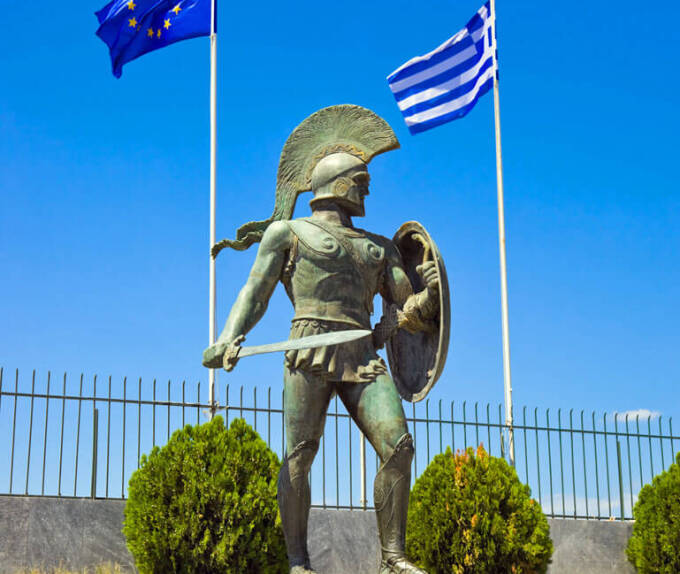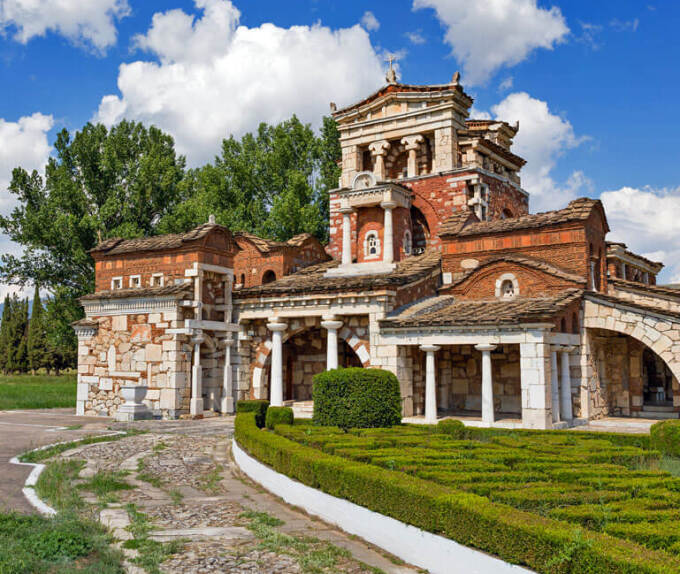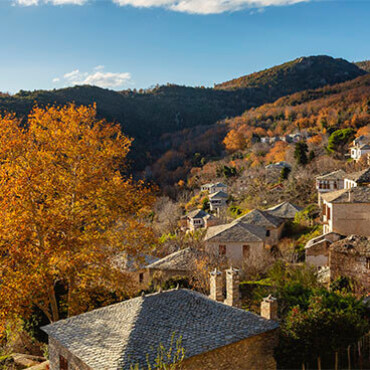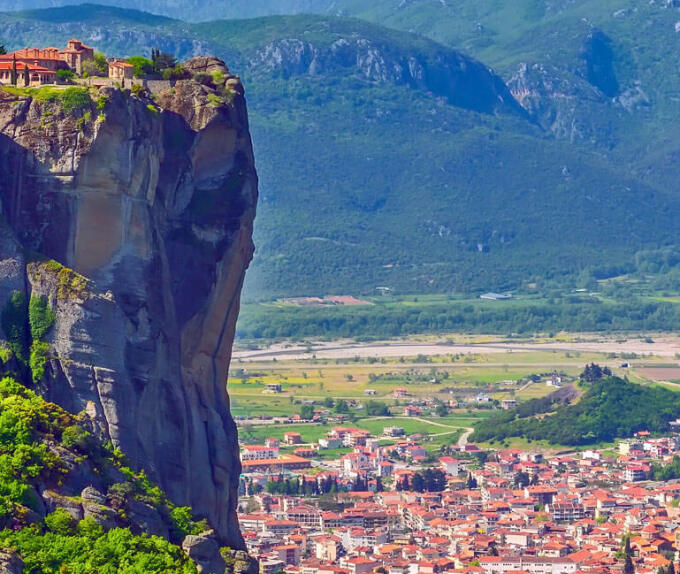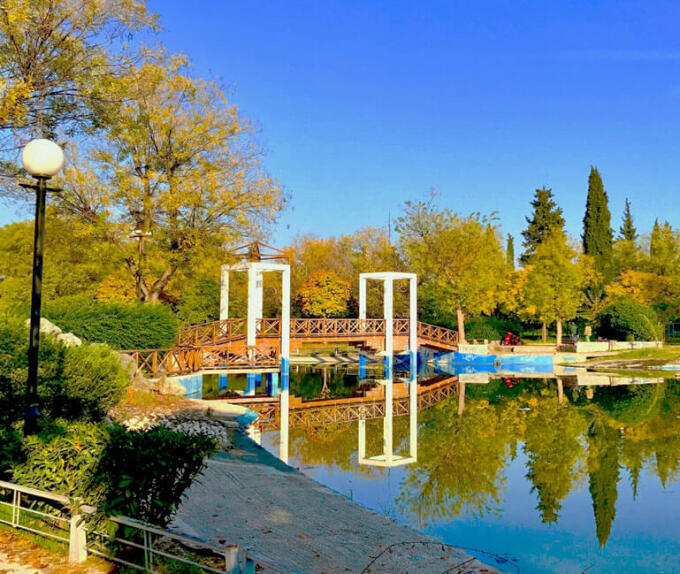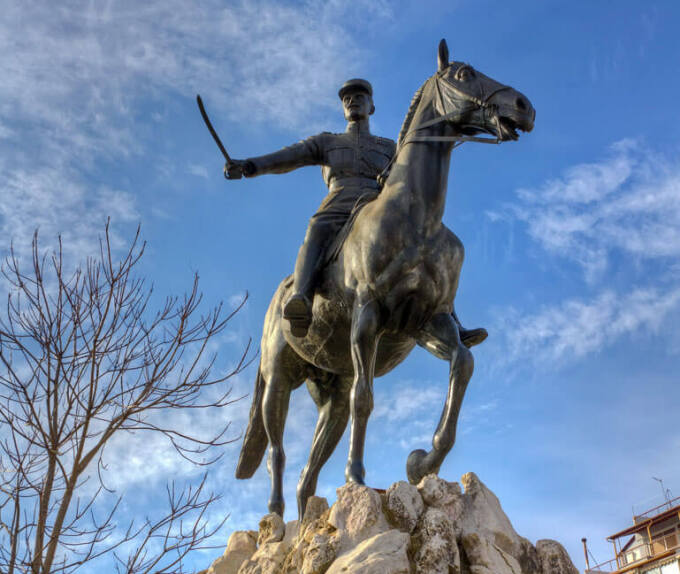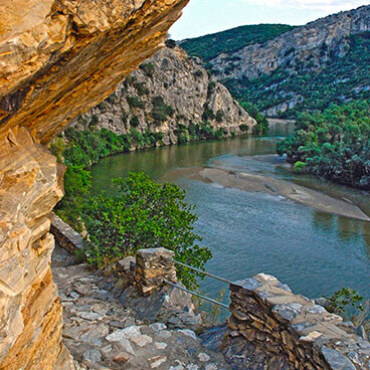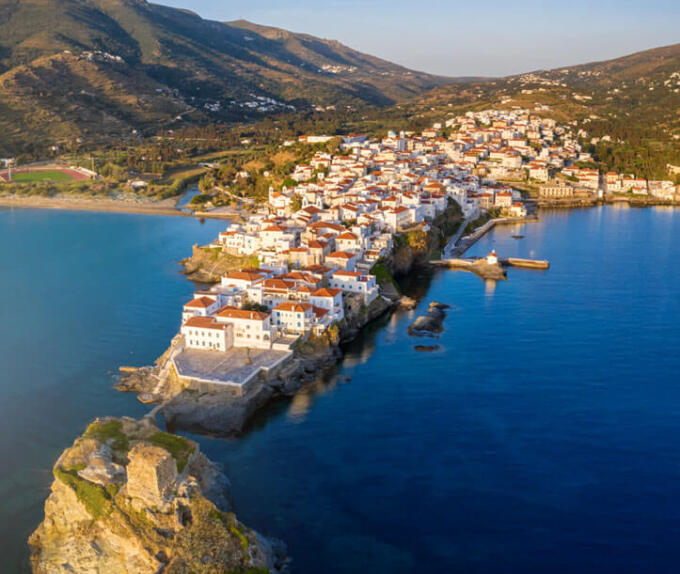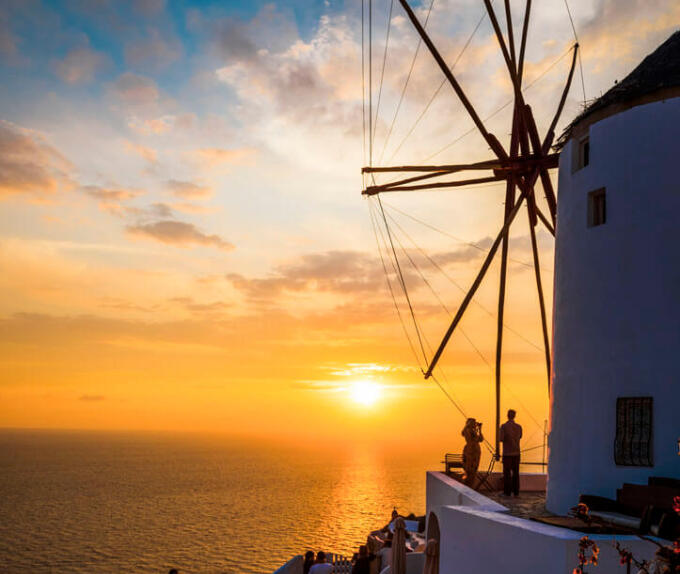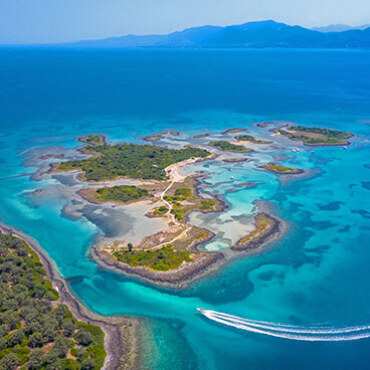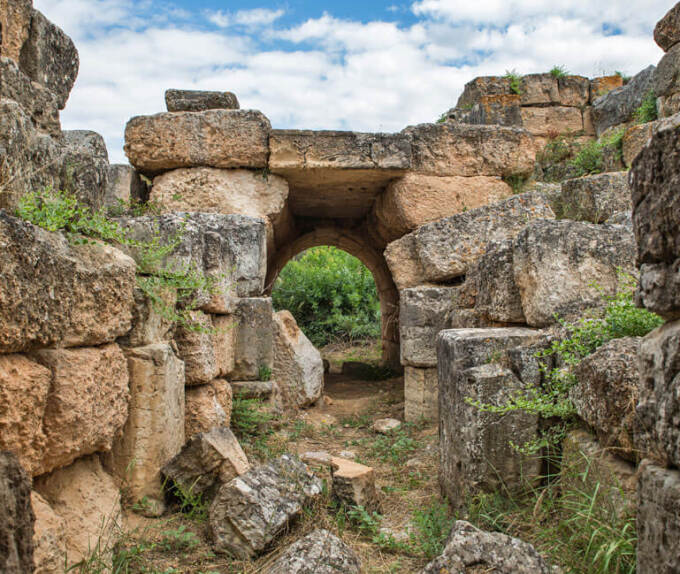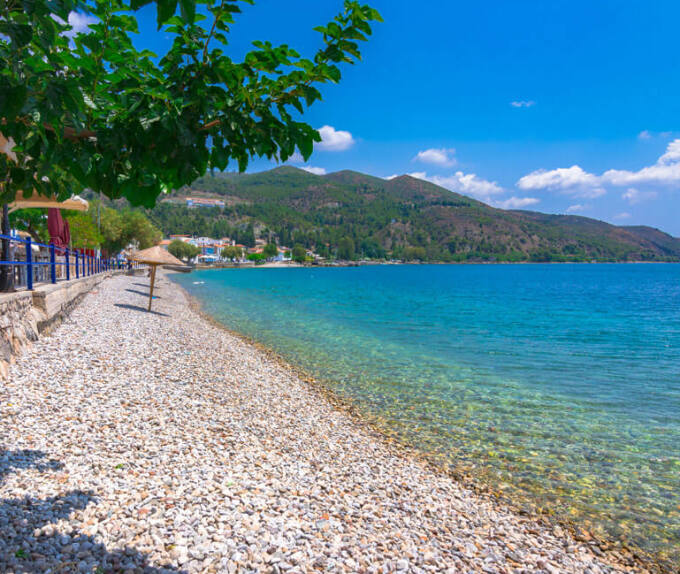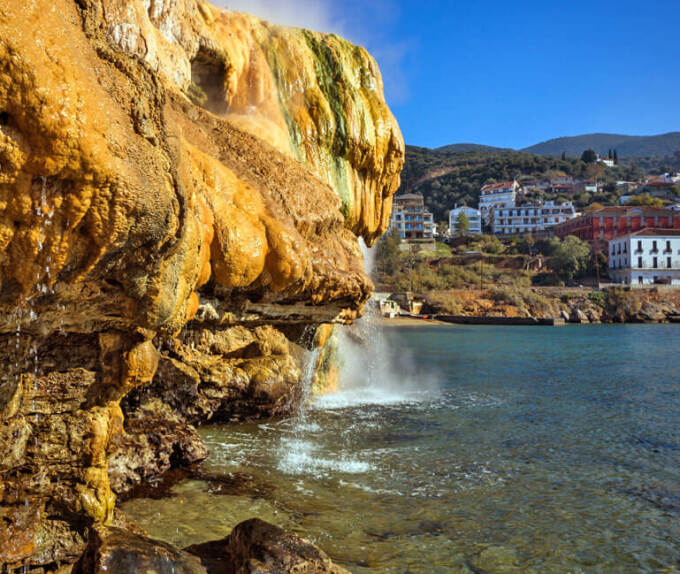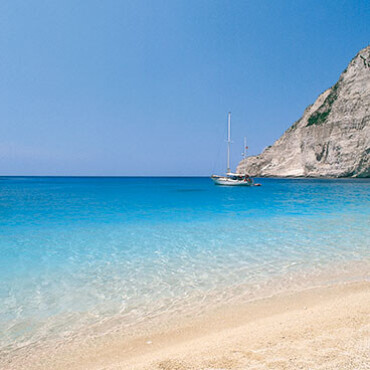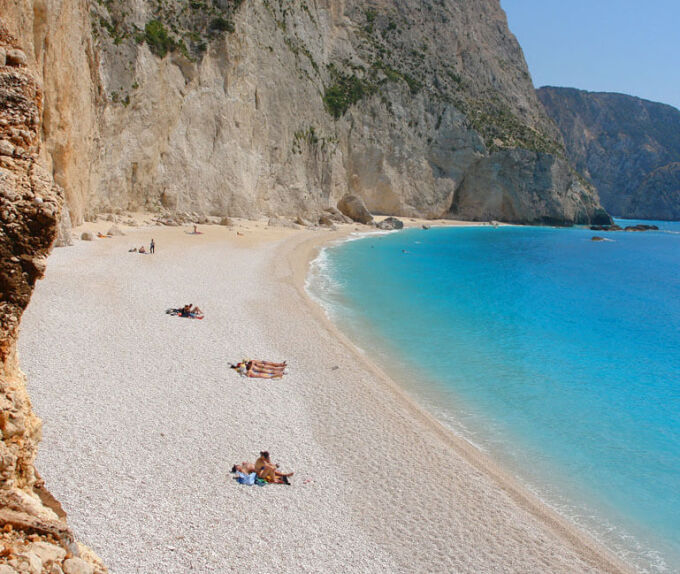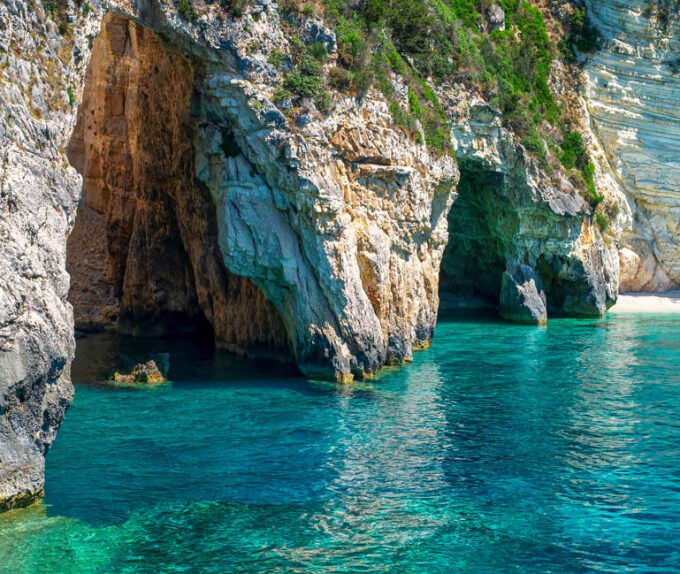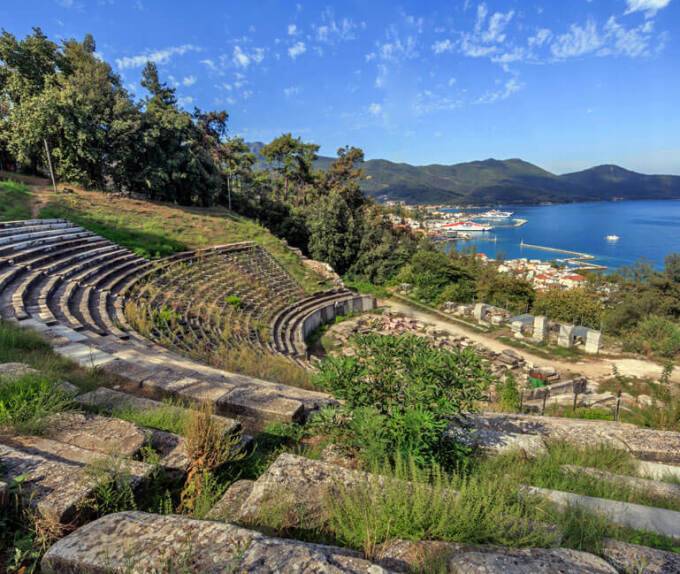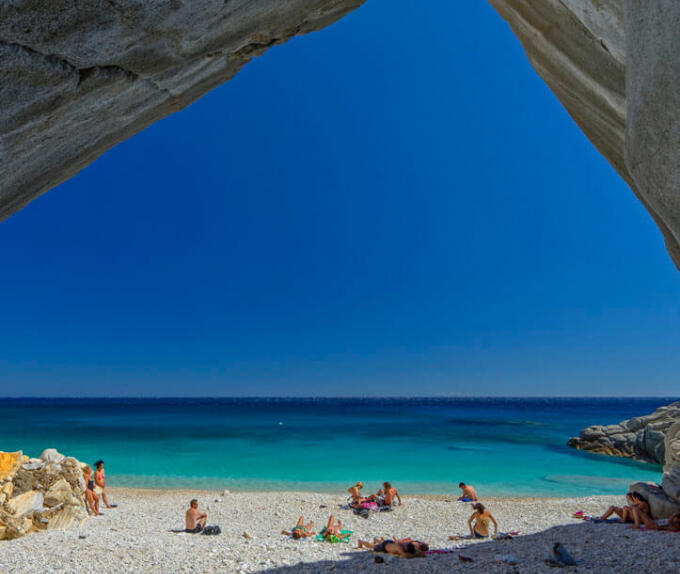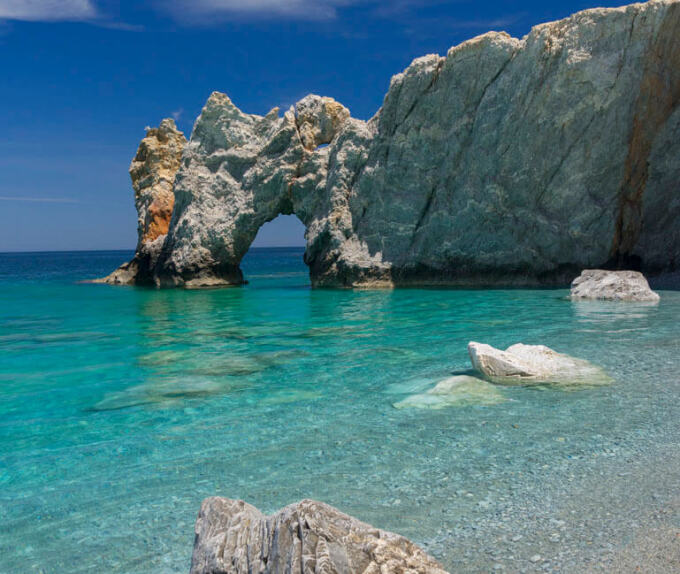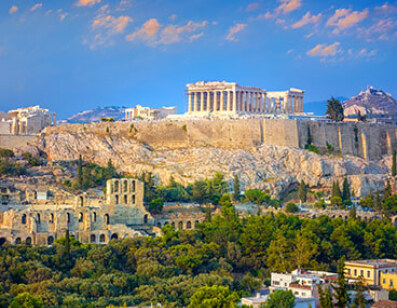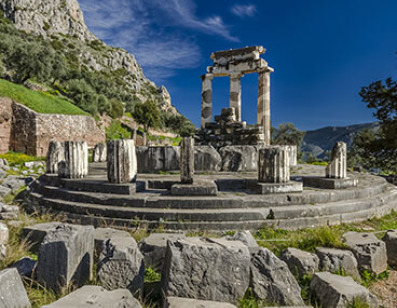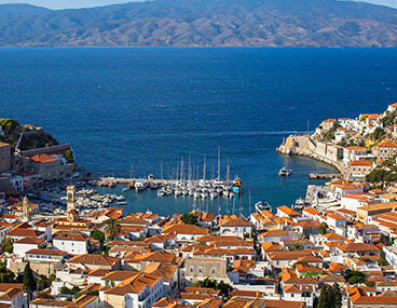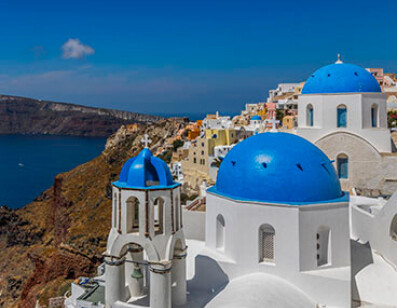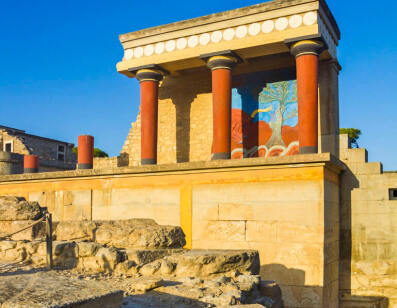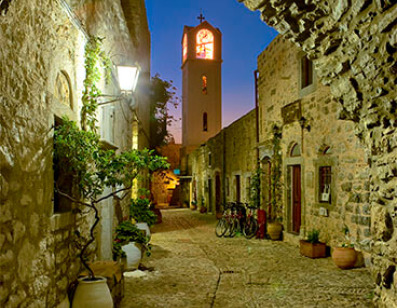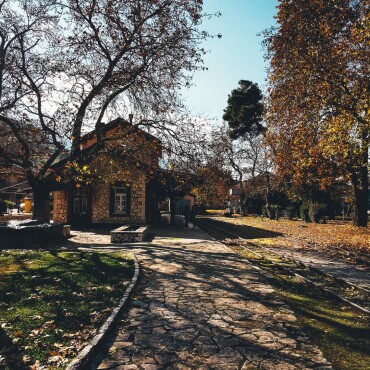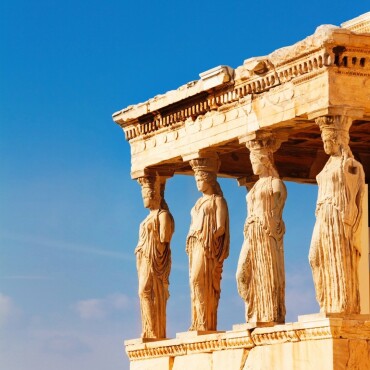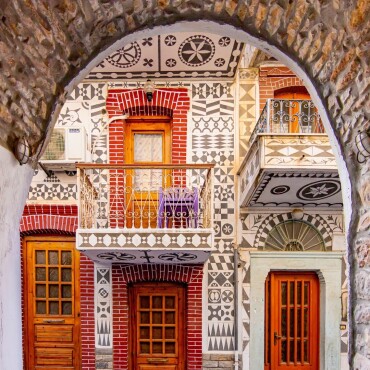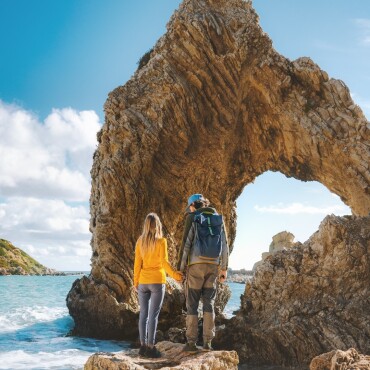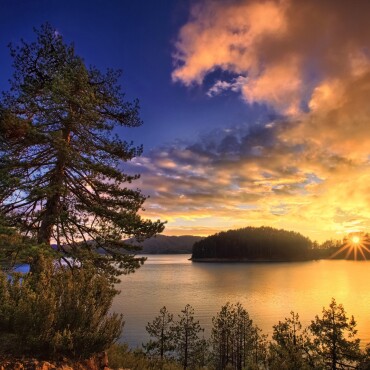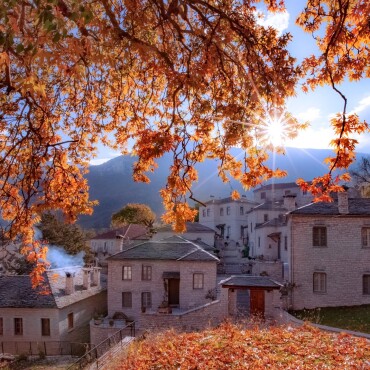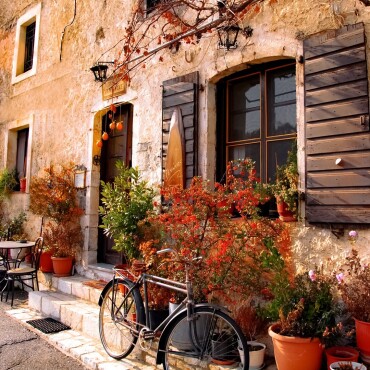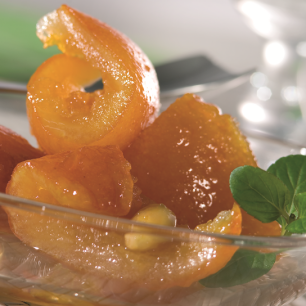
Events
VIEW ALL- Exhibitions
- Festival
- Music
- Sports
- Argosaronic
- Attica
- Central Greece
- Crete
- Cyclades
- Dodecanese
- Epirus
- Ionian
- North Aegean
- Peloponnese
- Thrace
- Athens
- Chios
- Corfu
- Epidaurus
- Heraklion
- Hydra
- Ioannina
- Livadeia
- Patmos
- Rethymno
- Santorini
- Soufli
- February
- March
- April
- May
- June
- July
- August
- September
- October
- November

Experiences
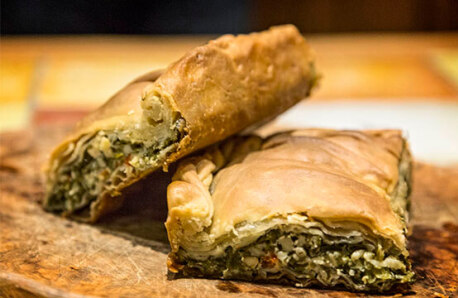



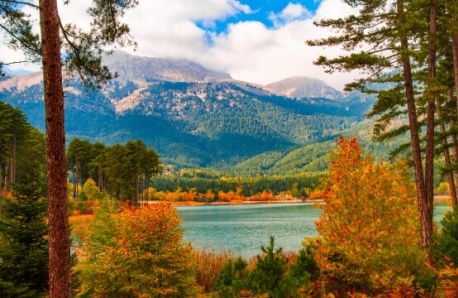
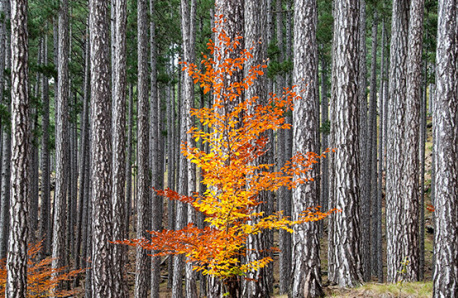
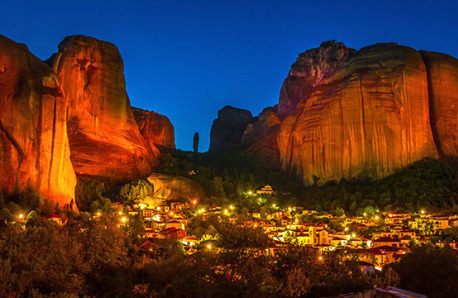
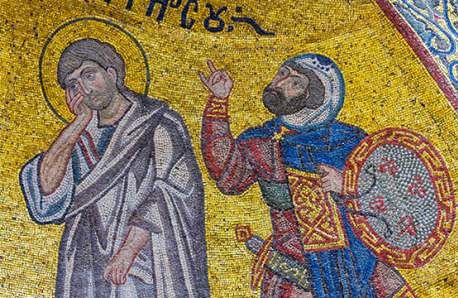
Read our Blog
VIEW ALL BLOGFun Facts
About 7% of all the marble produced worldwide comes from Greece.
Greece has historically engaged in wine making. Take for example Dionysus, the son of Zeus, the God of the grape-harvest, winemaking and wine. His face is seen today on the sommelier’s pin which is a symbol of respect to wine’s contribution throughout history.
Did you know that Greece has around 6,000 islands, islets and rocky islets? 2,000 of them are islands and only 107 of them are inhabited!
Τhe concept of democracy developed in Athens around the 6th century BC. The Greek word demokratia (δημοκρατία) meant “the power of the people”.
Athens is one of the few coastal cities worldwide that is surrounded by mountains. These are Mt. Hymettus, Mt. Penteli, Mt. Parnitha and Mt. Aigaleo.
Did you know that in Greece you can enjoy skiing with a sea view?
The species and subspecies of the native plants in Greece are about 6,000, almost as much as 50% of the native plants of Europe!
700 plant species of Greece are endemic, meaning that they may be found only in Greece; approximately 20% of those are aromatic or medicinal plants.
Crete's history as well as the inhabitants' personality were affected by the island's mountainous landscape.
Greece has one of the richest varieties of wildlife in Europe, including 116 species of mammals, 18 of amphibians, 59 of reptiles, 240 of birds, and 107 of fishes.
An old Greek legend says that when God created the world, he sifted all the soil onto the earth through a strainer. After every country had good soil, he tossed the stones left in the strainer over his shoulder and created Greece.
No part of Greece is more than 137km from the sea.
Did you know that Greece hosts 50% of the brown bear population in western & southern Europe.
Greece is a leading producer of sea sponges.
The first philosopher is considered to be Thales of Miletus (c. 624 – 425 B.C.). He is credited as giving the first explanation for the origin of the world that was not mythological.
Olympus (2,917m), the mountain of Gods and Muses is the highest mountain of Greece and the 2nd in the Balkans.
Did you know that Epirus is the most mountainous territory of Greece and the poorest in the EU; however it has a unique natural wealth!
On Anafi Island, lies the rock of Kalamos, the second highest monolithic limestone after Gibraltar; a must-see for climbers who will enjoy a great challenge here.
Alexander the Great, one of history’s greatest warriors and leaders of all time, was Greek. Alexander the Great conquered land all the way from Greece to Asia. His achievements and conquests gave rise to the later Hellenistic period (323 BC - 31 BC).
Did you know that most days of the year are sunny in Greece? 250, to be exact.
Explore Greece
Central Greece

Dodecanese

Places to Visit
North Aegean





